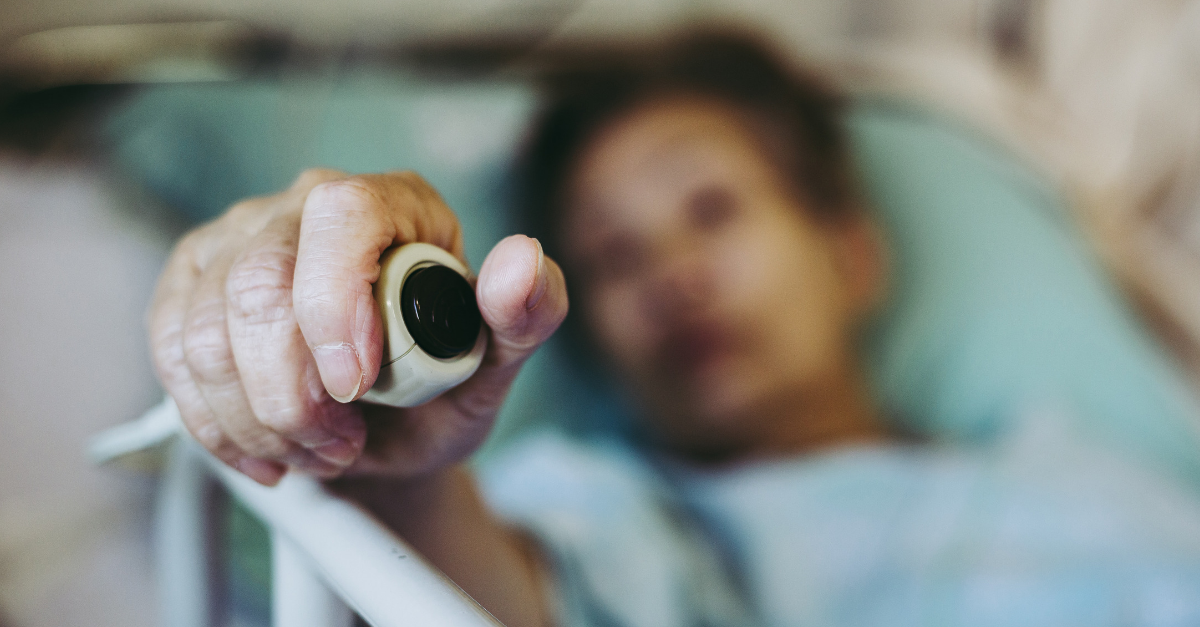Employer Obligations for Returning to Work During COVID-19
This FAQ answers some of the most common questions about employer obligations and the duty to accommodate workers in light of the COVID-19 outbreak. Please note that although the law on accommodations and COVID-19 has not been settled by courts and tribunals, accommodation obligations typically arise where an individual and/or a family member is immunocompromised or immunosuppressed. Alternately, there may be a requirement to provide care to a sick family member. As such, we expect that the employer would be held to the obligations set out below. What if I believe my workplace is unsafe due to COVID-19? Employees who believe their employer has not implemented safety measures to make their workspace safe or meet the safety guidelines set out by the government have the right to refuse unsafe work. Read more about COVID-19 and the right to refuse unsafe work: https://cupe.ca/covid-19-and-right-refuse-unsafe-work. What if I am immunocompromised or immunosuppressed? An employer has a legal duty to accommodate employees with an … Read more…


